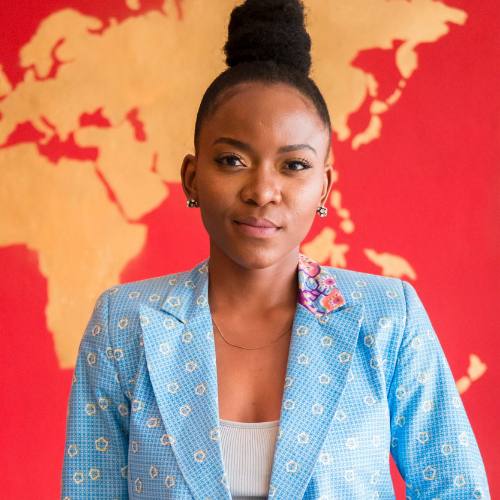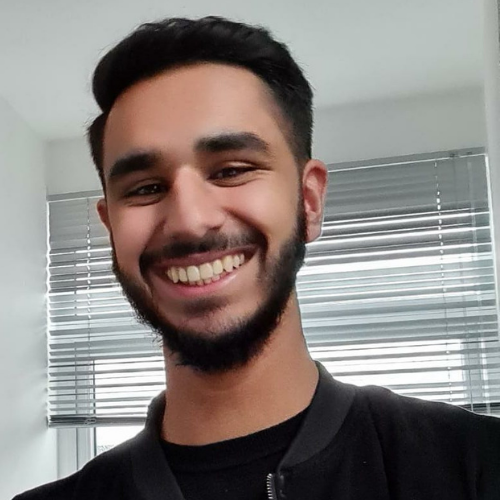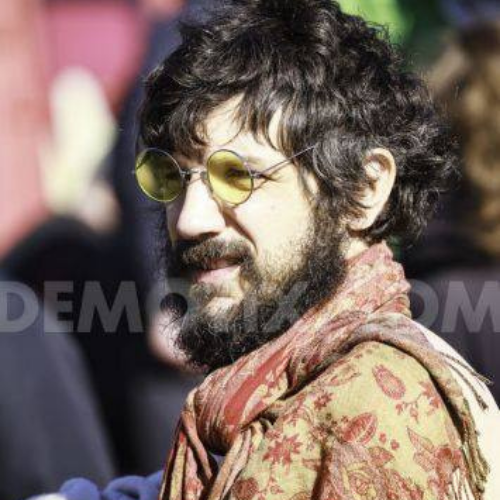By Tracie Mooneyham
As a globally recognized event, World Mental Health Day was the perfect opportunity to continue to raise awareness on what is an ongoing challenge in the UK. Key statistics point towards an increase in mental health struggles, especially among the youth, due to the repercussions of the COVID-19 pandemic. With the overwhelming amount of data fueling the need for a solution, Rise Up Together was held to support the conversation on mental health and to support youth in developing tools for resilience. Building off the previous Rise Up event which took place in the summer, the goal was to think more creatively and collectively on ways to overcome situations and circumstances that can be damaging to mental health.
With opening music by 18-year-old Daunzz, a rapper from Nottingham, the song ‘Raising Awareness’ set the tone for an event rooted in creative thinking. The first of three speakers, Allidah Daphney Namame, a professional image consultant and psychologist, grounded the conversation by defining good mental health as ‘a state of which an individual realizes his or her own abilities, can cope with the normal stresses of life, can work productively, and is able to make a contribution to his or her community.’
This provided a foundation for the conversation to move forward and into deeper discussion on the misconceptions that surround mental health and often make it seem like a ‘taboo’ topic. Having lived in different countries across the global, Allidah offered a unique perspective on how thoughts, emotions, and behavior shape how people in different areas react to situations that effect their mental health. Cultural and interpersonal relationships can greatly affect how we understand the root causes of mental health stressors. Despite the lack of available qualified health professionals across all communities, she offered that clear and consistent communication with trusted friends and family is critical for positive mental health outcomes.
Samad Ajaib, the second speaker of the evening, further highlighted communication as a solution by sharing his mental health journey. Samad, who currently works in the social care as a support worker, had trouble in school and eventually got to a point where he questioned his ability to continue his education. This uncertainty and questioning caused him a lot of stress and undermined his mental health to the point where he took a job that paid his wages but did not make him happy. Deciding that it was up to him to take care of his happiness and well-being, he began searching for opportunities that matched his interests. Eventually he found an opening with Nottingham City Council and he put his time and energy into following a path that would make him feel valued and valuable to the community.
Samad cited two things as necessary support mechanisms he leans on to help him move forward. The first of which being communication: ‘Find a close family member or a person you can talk to, as they could change your life. Just if you open up to someone, it will change.’ He credits his faith as central to keeping positive. ‘I always keep prayer in my heart because it’s changed my life quite a lot, whereas before I never used to pray’ he said, ‘and I never used to really look into religion at all.’
Wrapping up the event with a special song and perspective was Jimmy Elderflower, a writer and a musician who composes his own music. Jimmy, as a working class grassroots community activist, currently works to defend lawful human rights and civil liberties from oppressive groups. He spoke about witnessing and experiencing mental, emotional, spiritual and physical well-being as holistic and interconnected, and how challenging it can be to maintain a positive outlook while engaging in grassroots communal activity, but that these very forms of non-hierarchical communal activity have been experienced by him as fertilising and nurturing a collective environment of creative self-realisation and fulfillment for each unique individual person, which engenders profound well-being as embodied in that person’s unique place in, and contribution to, the community. Communication through song and story sharing is key to how Jimmy both maintains his own mental health as well as helps to lift the spirits of others who’re struggling.
As the participants took a moment to collect their thoughts at the close of the evening, the final refrain from Jimmy’s shared song echoed and provided a key phrase to guide speakers and participants alike – ‘love for all, and hate for none’.

Allidah Daphney Namame

Samad Ajaib

Jimmy Elderflower